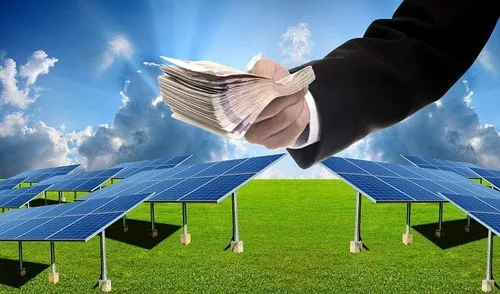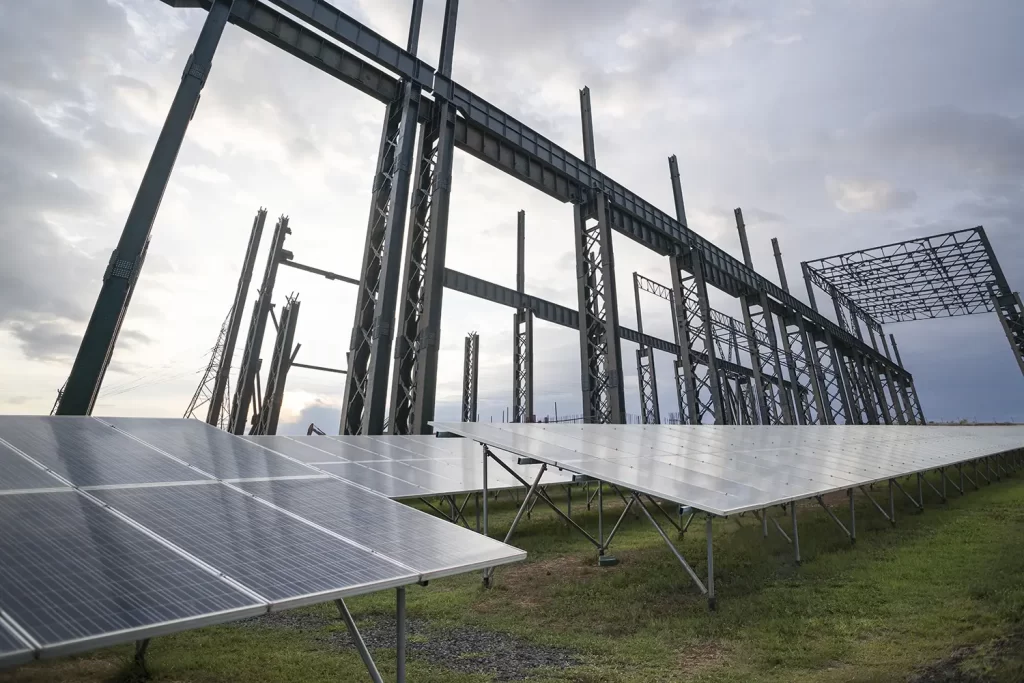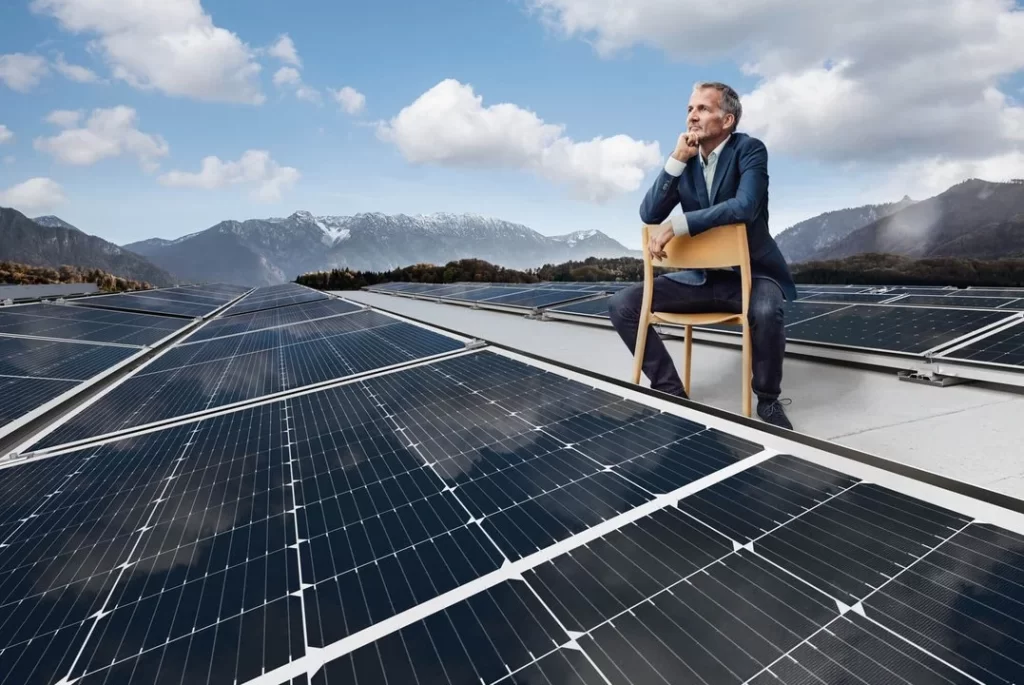How do government policies and environmental regulations impact the growth of the renewable energy industry?
Government policies and environmental regulations play a crucial role in the growth and development of the renewable energy industry. These impacts can be examined across several dimensions:
۱. Financial and Economic Incentives
Governments reduce the initial investment costs for renewable energy through subsidies, tax exemptions, and low-interest loans.
Programs such as Feed-in Tariffs (FITs) and Power Purchase Agreements (PPAs) encourage companies to generate clean energy by guaranteeing the purchase of the electricity they produce.

۲. Environmental Standards and Regulations
Imposing carbon emission limits and implementing financial mechanisms like carbon taxes compel industries to shift toward clean energy sources.
Policies mandating a minimum share of renewables in national energy mixes have accelerated the adoption and growth of these technologies.
۳. Infrastructure Development and R&D
Government investments in smart grid infrastructure increase the capacity to integrate renewable energy into national power systems.
Support for research and innovation in energy storage and renewable technologies enhances efficiency and scalability.
۴. International Policies and Environmental Agreements
Global agreements like the Paris Agreement commit countries to reducing greenhouse gas emissions and expanding clean energy use.
Some nations enforce environmental restrictions or sanctions on polluting industries, pushing them to transition toward renewable energy sources.
Conclusion
Government support and environmental regulations can significantly accelerate the growth and expansion of renewable energy. A combination of financial incentives, environmental standards, infrastructure development, and international cooperation is key to the future success of this industry.



